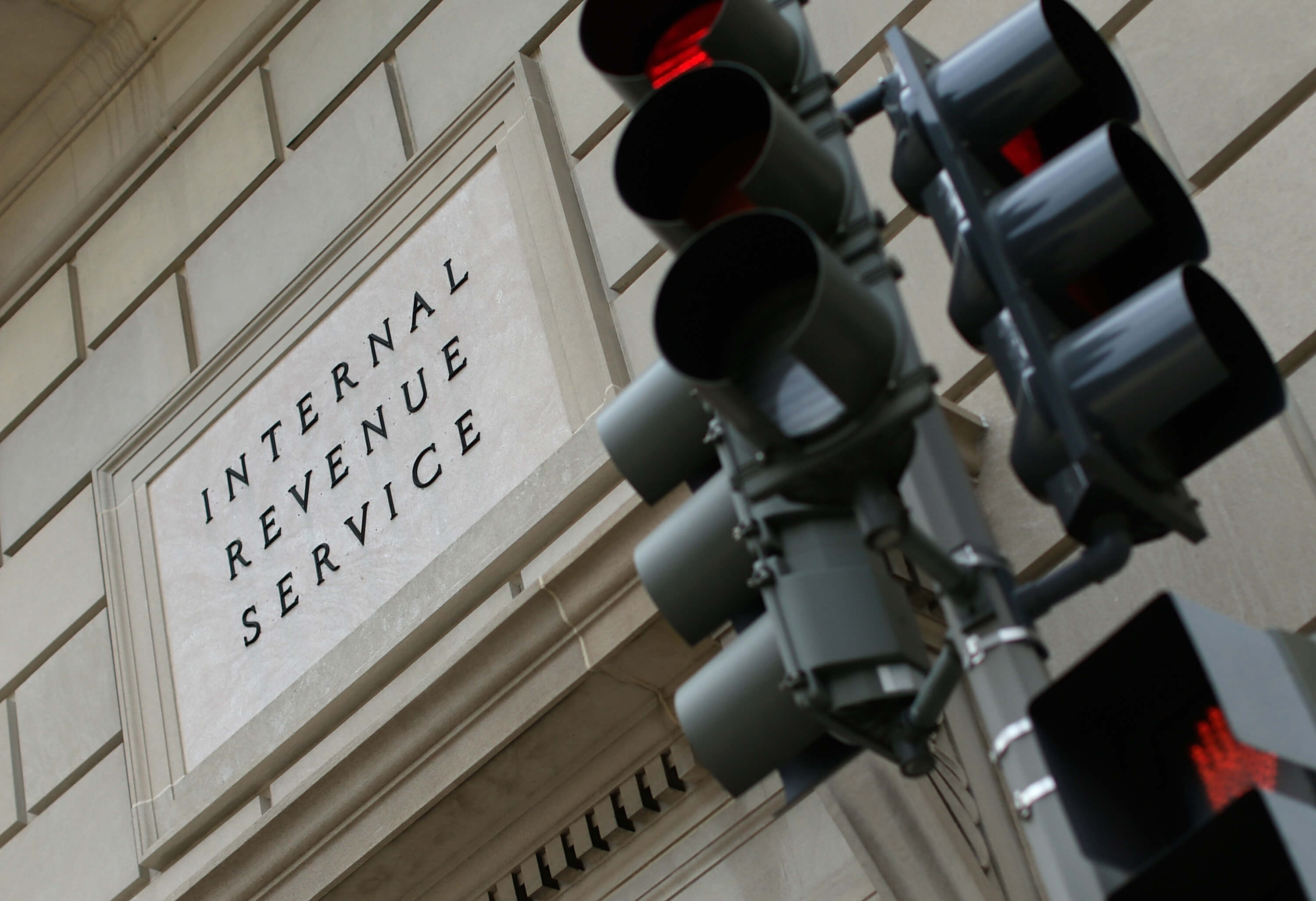What the frack’s an audit?
The Internal Revenue Service audit is mostly likely the worst possible end to your tax season. If you get a refund, great. If you owe taxes, not so great. If you receive notice that you are going to be audited, scary. But what is an audit and why does the IRS conduct them? According to the IRS, “An IRS audit is a review/examination of an organization’s or individual’s accounts and financial information to ensure information is reported correctly according to the tax laws and to verify the reported amount of tax is correct.” Now, that doesn’t sound so bad, does it?
First, the good news
The first thing to keep in mind is that roughly 1 percent of taxpayers get audited, so it is an unlikely outcome. And, rather than have an IRS agent knocking on your door, most audits are “correspondence audits,” conducted through the mail and resolved by paying some additional taxes, sending in additional documentation, or proving to the IRS that your calculations were correct in the first place. The even better news is that sometimes an audit actually results in a refund or a bigger refund! But, even if you do have to meet in person with an IRS agent for an “in-the-field audit,” unless you have committed a fraud or broken the law in some other way, chances are good that the result will be an acceptance of your calculation by the IRS or the payment by you of some additional taxes.
The reason audits happen
The number one misconception about tax audits is that only very wealthy people get audited. In fact, the IRS audits taxpayers in all income brackets. So, why do some returns get chosen for auditing? Sometimes a taxpayer is audited because the information they filed doesn’t jibe with the information the IRS has in its file. Did you forget to report the sale of the stock you inherited from grandma? Maybe you didn’t know you had to report it? Well, the IRS knows and, if you made a profit, you might owe taxes. Sometimes your return is chosen at random for an audit. This is a kind of enforcement activity on the part of the IRS to keep the rest of us honest. Or, maybe the IRS didn’t understand something about how you figured out your deductions, your credits or your income. Another big misconception is that taking certain credits or deductions will result in an audit. If you honestly believe there are credits or deductions to which you are entitled, you should take them. If you have questions, you can call the IRS or ask a professional tax preparer.
What happens during an audit?
If you are getting audited by the IRS, you will receive a notice in the mail. The IRS tax notice will give you contact information and instructions for what to do next. Most likely, the IRS will want to see certain documents, and it is probably a good idea to have them on hand. The faster they can audit, the faster they can leave you alone! Most of these things will likely be for the purpose of supporting the claims you have made on your tax returns. Here are a few they most certainly will ask for (though this is not an exhaustive list):
- Receipts
- Bills
- Canceled checks
- Legal papers
- Loan agreements
- Logs
- Employment documents
You have rights!
In 2014, the IRS announced something called The Taxpayer Bill of Rights. There are 10 basic ones, and they apply to auditees, both individual taxpayers and companies. Maybe keep them in your pocket? Get a Xeroxed wallet-sized version? So many possibilities.
- The Right to Be Informed
- The Right to Quality Service
- The Right to Pay No More than the Correct Amount of Tax
- The Right to Challenge the IRS’s Position and Be Heard
- The Right to Appeal an IRS Decision in an Independent Forum
- The Right to Finality
- The Right to Privacy
- The Right to Confidentiality
- The Right to Retain Representation
- The Right to a Fair and Just Tax System
For greater detail, here’s a copy of the full explanation of your rights → Know your rights!
Audit is done: What did they decide?
Hopefully you’re home-free. However, if the audit concludes that you did not pay enough taxes, you could face penalties in addition to any unpaid taxes you might have. Here are some reasons you might be penalized, according to the IRS:
- Understating your tax liability
- Failing to file
- Failing to pay
- Errors on tax return
- Fraud
Money Penalties: They can increase the amount of taxes you owe (so sad):
- 20 percent or 40 percent penalty: If you made a mistake on your tax return, you could face a 20 percent or 40 percent penalty, depending on how severe the error is.
- 75 percent penalty: This is reserved for more serious cases, like fraud.
Seizures: If you have a significant tax debt that you are unable to pay, the IRS can take your property and sell it to get the money you owe them if you aren’t protected by limited liability.
Scary note: If they rule that you criminally evaded your taxes, you could face prison time. So don’t do that.
Takeaway
Audits usually suck, but sometimes they can be helpful. In the event of the former sucky audit, it is important to be informed and cooperative but to also know your rights. Since an audit has no set limit for completion, they can take as long as they like. But if you are on your game, things will probably go faster, and you might even come away with a little extra money in your pocket.
Have something to add to this story? Comment below or join the discussion on Facebook.
Header image: Getty Images









































